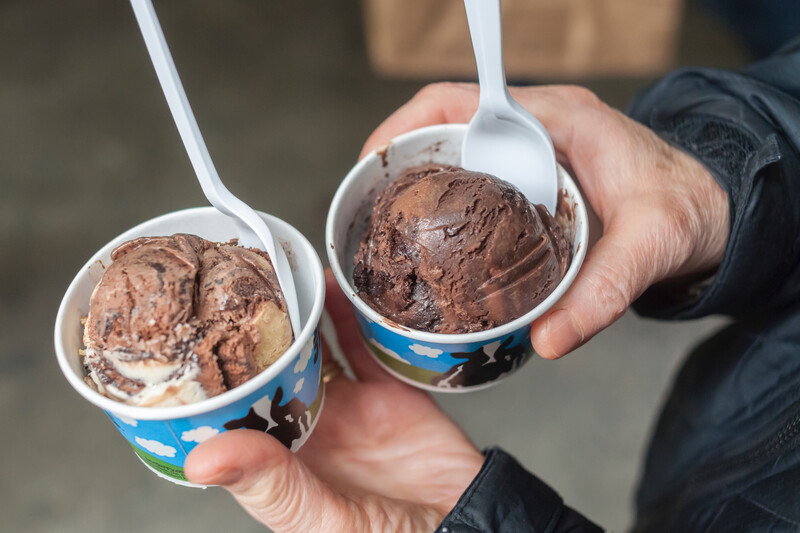Activism and BDS Beat 5 July 2022

Ben & Jerry’s is determined to defend its decision to end distribution of its ice cream in Israeli settlements on Palestinian land in the occupied West Bank.
NewscomBen & Jerry’s is suing its parent company Unilever to block the sale of its brand and rights in Israel to an Israeli company that distributes its goods in occupied West Bank settlements.
The ice cream maker is also asking a US federal court in New York for an emergency injunction to stop the transfer of any Ben & Jerry’s assets to the Israeli company, AQP, and its owner Avi Zinger.
The move is a further blow to Israel’s claims that it had forced a reversal of Ben & Jerry’s 2021 decision to end its licensing agreement with AQP in order to halt sales of its ice cream in settlements built on Palestinian land.
Israel’s construction of settlements in occupied territory is a war crime that is currently under investigation by the International Criminal Court.
There is a growing international consensus that doing business in or with the settlements unavoidably contributes to Israel’s systematic violations of Palestinian rights.
Last week, Unilever announced it was selling the Ben & Jerry’s business in Israel to AQP, the local licensee that has manufactured and distributed the brand there for decades – including in the settlements.
Zinger vowed to continue selling the product throughout Israeli-controlled territories, including the settlements.
Yair Lapid, Israel’s prime minister, declared the deal a “victory” for Israel against BDS – the Palestinian-led boycott, divestment and sanctions movement for freedom, justice and equality.
But Ben & Jerry’s quickly announced that it disagreed with Unilever’s move.
“We continue to believe it is inconsistent with Ben & Jerry’s values for our ice cream to be sold in the Occupied Palestinian Territory,” the company said.
Now Ben & Jerry’s is putting its money where its mouth is. The central issue in the complaint is the acquisition agreement the Vermont-based ice cream maker signed when Unilever bought it in 2000.
Under the agreement, Ben & Jerry’s retained an independent board. According to the firm’s website, the board is “empowered to protect and defend Ben & Jerry’s brand equity and integrity.”
In a legal complaint filed on Tuesday, the ice cream maker states that Unilever announced the sale of its name and business in Israel to AQP “over the objection of Ben & Jerry’s independent board” – a breach of the acquisition agreement.
The filing also reaffirms that the independent board “reached its determination that sales of Ben & Jerry’s ice cream in the West Bank are inconsistent with the company’s values,” which is why it wanted to end its licensing agreement with AQP in the first place.
The ice cream maker argues that Unilever’s attempt to force Ben & Jerry’s to give up its brand and rights in Israel to a company that sells in settlements “will cause confusion among Ben & Jerry’s customers and the public at large.”
The filing adds that the sale will “tarnish Ben & Jerry’s brand integrity by undermining Ben & Jerry’s long-time commitment to peace and social justice and threaten to degrade customer goodwill” built up over decades.
Unilever’s strong-arm tactic as well as the gloats of victory from Israeli leaders appear only to have hardened the ice cream maker’s determination to stand by its decision.
Ben & Jerry’s board voted 5-2 to sue its parent company, with only the two Unilever appointees opposing.
In its lawsuit, the company affirms that its decision to halt sales of its products in the occupied West Bank is fully supported by its founders Ben Cohen and Jerry Greenfield.
“While we no longer have any operational control of the company we founded in 1978, we’re proud of its action and believe it is on the right side of history,” the pair, whose names still appear on every pint of the brand’s ice cream, wrote last year in The New York Times.




